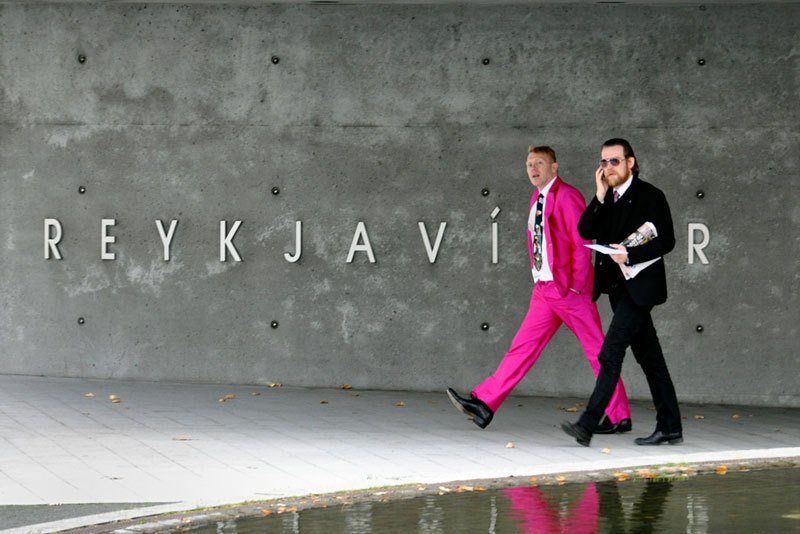Precedent for Digital Democracy: Comedy, the Best Party, and the Mayor of a Large City in Iceland

Reading Jón Gnarr, How I Became the Mayor of a Large City in Iceland and Changed the World, I found that a platform for citizens to inform each other and vote on issues had been implemented in Reykjavík beginning in October 2011. He has a chapter called “The World is Getting Better and Better” where he talks about the online platform Betri Reykjavík for citizens to find all the information about plans and projects for city districts and “read the ideas, opinions, and suggestions of others, discuss the proposed concept, present your own ideas, and then vote for or against.” In the chapter “And Now?” he writes: “Democracy is the key to a progressive society. I believe in direct democracy. More precisely: in direct digital democracy.”
“In addition, we have introduced direct elections for construction projects and renovation work in various parts of the city—the first digitally conducted citizens’ elections in Iceland. Voters sign in with their personal data, log into their account, and cast their vote. This election process, in a sense a first step towards ‘participatory budgeting,’ opens up entirely new paths and perspectives.”
He emphasizes the need to encourage citizens to participate and contribute their ideas, and suggests linking participation with a lottery. “After all, we’ve all filled in a questionnaire and answered a few dumb questions in the hope that our name will end up being drawn out of the lottery and we’ll win a mobile phone or some such geegaw.” Or possibly: “To get people to assume responsibility themselves in this simple way is basically no more complicated than encouraging them to sort out the garbage for recycling. They just have to understand the principle and recognize the benefit of their contribution. It is perfectly legitimate to apply a certain pressure and, for example, threaten to abolish this opportunity for participation if the turnout slips below a certain percentage.”
Betri [better] Reykjavík (betrireykjavik.is) is all Icelandic, but Jón Gnarr often uses English on social media: Facebook. And here’s a link to his book: http://www.mhpbooks.com/books/gnarr/
I know you’re aware of this: the first thing for any politician is getting people’s attention. Gnarr had been a stand-up comic, performed in film and television, gave lectures: he was well known when he founded the Best Party and satirized the country’s political system. This art project and social statement led to the mayor’s office because people could relate to him—angry about the banking crisis and disillusioned with politics-as-usual, he represented a challenge to the status quo without being threatening. Through his candid and public personality, voters had become familiar with Gnarr. And he was funny, surprising. The policy, how to manage the city, and the implementation of Betri Reykjavík, all came later, in response to citizens taking him seriously. I think a candidate with perfect policy proposals that do justice for all, won’t be able to reach voters by their ideas and values; voters are going with the emotional and familiar. Someone who is a champion of the people in the way of their work, values, and statements to the public, but has no skill at getting people’s attention will not be heard amidst the noise. It’s not enough to talk about issues. A candidate has to get people’s attention. In the case of Gnarr, getting people’s attention came first, it was only after being elected that he implemented the digital platform for citizen’s to vote on issues. Reading his book is inspiring, he did some crazy shit just for fun and people loved it, and that helped make the Best Party a success.